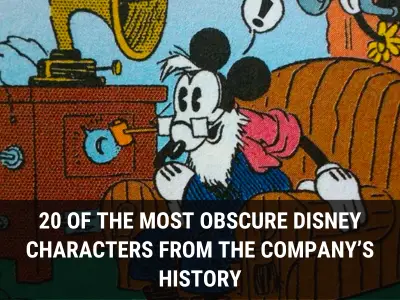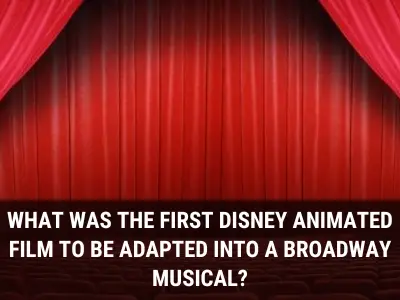
Welcome to the realm of technological mishaps and blunders! In the fast-paced world of innovation, not every endeavor achieves the heights of success. From gadgets that promised to revolutionize daily life to software that fell flat on its digital face, the tech industry has seen its fair share of failures. In this intriguing journey through the annals of tech history, we will unravel 16 of the most infamous and spectacular tech flops of all time. These products and ideas, despite their grand ambitions, failed to resonate with the masses and left a lasting mark for all the wrong reasons. Join us as we explore the blunders that remind us that even giants can stumble in their quest for tech brilliance.
The List of the 16 the Worst Tech Flops of All Time
16. MySpace
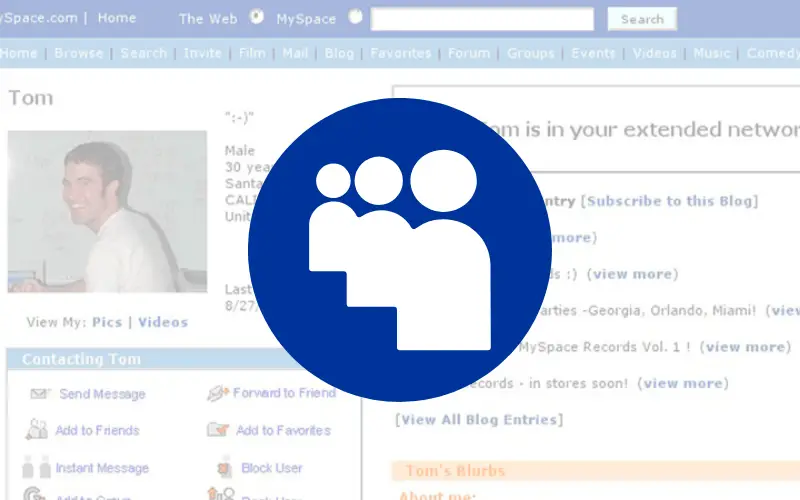
MySpace, an early social networking pioneer, faced significant failure due to interconnected factors. Initially, it saw rapid growth and global popularity, but lost out to Facebook, a platform with a more streamlined interface and better user experience, leading to a decline in market performance. Consumer adoption was hindered by MySpace’s cluttered design and excessive user profile customization, in contrast to Facebook’s cleaner and intuitive platform. MySpace lacked technological adaptability and innovation, failing to keep up with evolving user expectations unlike its competitors. Culturally, its decline marked a shift in social media preferences, reflecting outdated technology and design compared to the rise of Facebook’s privacy-conscious and user-friendly approach. Ultimately, MySpace’s downfall stemmed from its inability to anticipate and adapt to changing consumer preferences, design limitations, and the emergence of superior and innovative competitors.
15. Segway
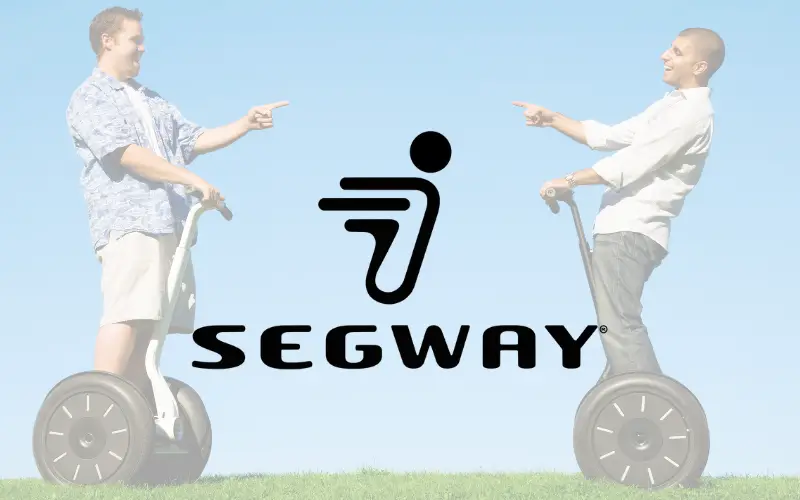
The Segway, once hailed as a revolutionary personal transportation device, faced significant tech flop status due to key reasons. Market performance suffered due to its high cost and limited practical applications, relegating it to a niche product rather than a mainstream mode of transport. Consumer adoption was hindered by its ambiguous purpose, not being a car replacement or universally practical last-mile solution. While technologically impressive, it didn’t surpass existing alternatives like bicycles, scooters, or walking. Culturally, it was perceived as extravagant and impractical, further impeding its acceptance as a widely essential mode of transportation. Ultimately, these factors marked the Segway as a notable tech flop in consumer technology history.
14. Betamax
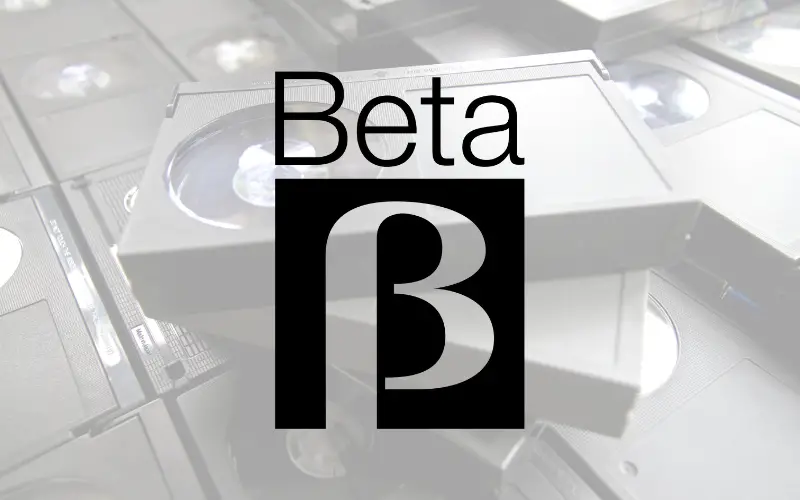
Betamax, Sony’s early video cassette recording format, is often labeled a major tech flop due to several intertwined factors. Market competition with VHS, offering longer recording times at a lower cost, posed a significant challenge. Consumer adoption favored VHS due to its practicality and broader movie availability, further marginalizing Betamax. Despite superior picture and sound quality, Betamax couldn’t overcome VHS’s advantages. Culturally, Betamax’s decline impacted perceptions of Sony’s market strategy. In essence, challenges in competition, consumer preference for practicality, technological limitations, and a negative influence on Sony’s image marked Betamax as a tech flop in consumer electronics.
13. Palm Pilot

The Palm Pilot, an early personal digital assistant (PDA), initially succeeded and symbolized the emerging PDA market. However, its downfall stemmed from several factors. Consumer adoption declined as smartphones began integrating PDA functions, rendering standalone PDAs like the Palm Pilot less relevant. The rapid evolution of mobile technology surpassed the Palm Pilot, lacking internet connectivity and a robust app ecosystem. Culturally, its decline signified a shift towards integrated, multifunctional devices like smartphones. In essence, despite pioneering the PDA market, the Palm Pilot’s inability to adapt to changing tech and consumer demands marked it as a tech flop.
Read More Fun Facts
Learn more fun facts with Trivia Mastermind content.
12. America Online
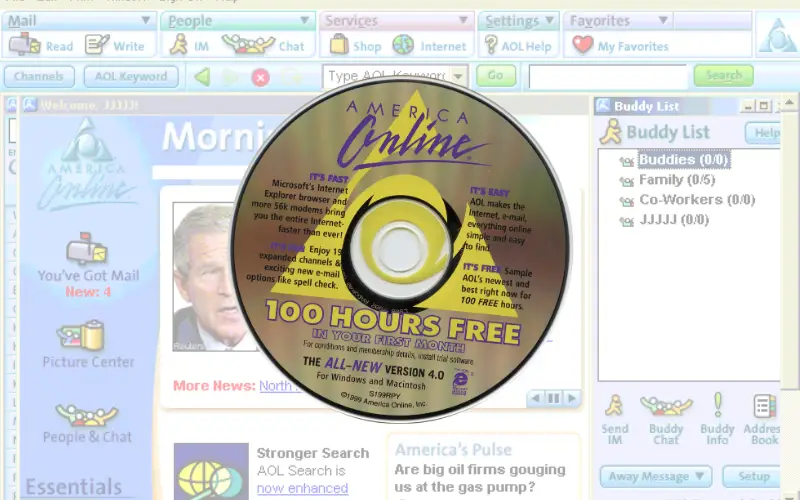
America Online (AOL), once a dominant force in internet services, faced a decline due to evolving technology and changing consumer preferences. Initially successful, AOL provided vital internet access for newcomers. However, with the broadband era, faster, always-on connections emerged, diverting consumers away from AOL’s dial-up services. The rise of broadband led to a decline in subscribers and stock value. AOL struggled to keep pace with the changing landscape, losing ground to alternatives that offered broader online experiences. Despite its decline, AOL significantly impacted early internet adoption and communication, playing a vital role in shaping online interactions as we know them today.
11. Google Glass
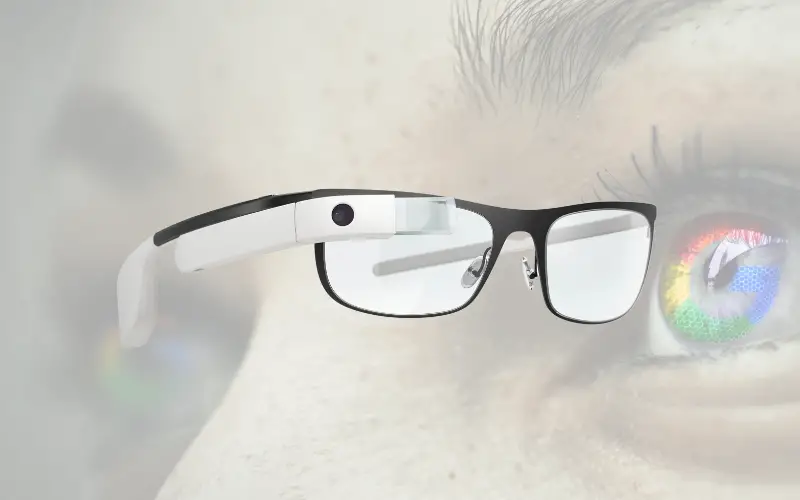
Google Glass, an innovative wearable augmented reality device, struggled to gain traction, earning its label as a tech “flop.” Its market performance was marred by a high price, limited functionality, and concerns over privacy due to its built-in camera. Consumer adoption was hindered by exclusivity and perceived awkwardness, amplified by the device’s high cost. Technologically advanced, Google Glass faced challenges with battery life, limited applications, and a steep learning curve for developers. Culturally, it triggered important conversations about privacy, ethics, and societal integration of technology. Ultimately, these factors positioned Google Glass as a notable tech disappointment.
10. MapQuest
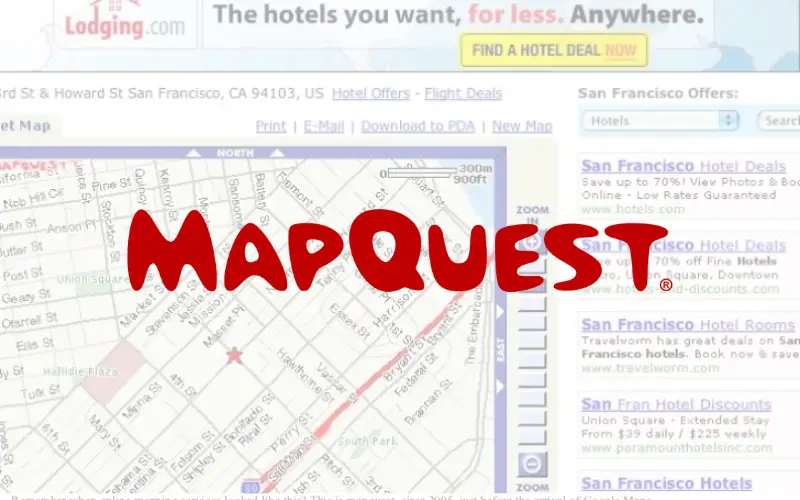
MapQuest, an early online mapping service, initially led the way in online mapping but eventually faltered, earning its status as a tech “flop.” Rising competitors like Google Maps offered superior user interfaces and features, impacting MapQuest’s market performance. Consumers shifted to alternatives providing more accurate directions and better integration with other services, exacerbated by technological advancements and the mobile device boom. While initially innovative, MapQuest couldn’t keep pace with evolving expectations, lacking features like real-time traffic updates. Despite its decline, MapQuest holds a cultural significance as a pioneer in digital mapping, although it couldn’t maintain its prominence due to the evolving tech landscape.
9. WebTV
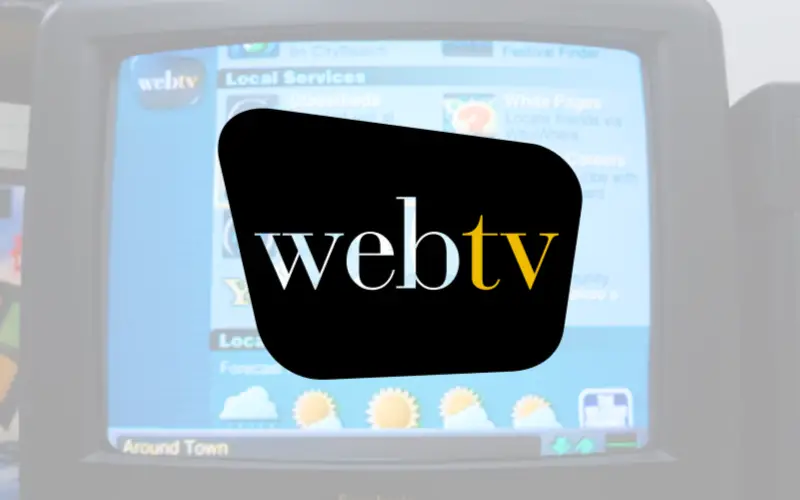
WebTV, an early endeavor into internet television, encountered substantial hurdles, leading to its designation as a tech “flop.” Despite being a groundbreaking concept, it struggled to achieve significant market performance and widespread consumer adoption. The limitations of technology at the time, such as slow internet speeds and inadequate broadband infrastructure, hindered its ability to provide a seamless online experience, making it less attractive to potential users. Consumer adoption was further limited due to an interface that proved to be clunky and unintuitive. Technologically innovative for its time, WebTV was constrained by the available technology, especially in terms of hardware and connectivity. Culturally, it laid a foundation for future attempts to merge television and the web, showcasing early ambitions of integrating the internet into daily entertainment. However, its limitations in technology and consumer readiness categorize it as a tech “flop.”
Play Trivia!
Challenge yourself and play trivia questions with answers and explanations.
8. Netscape
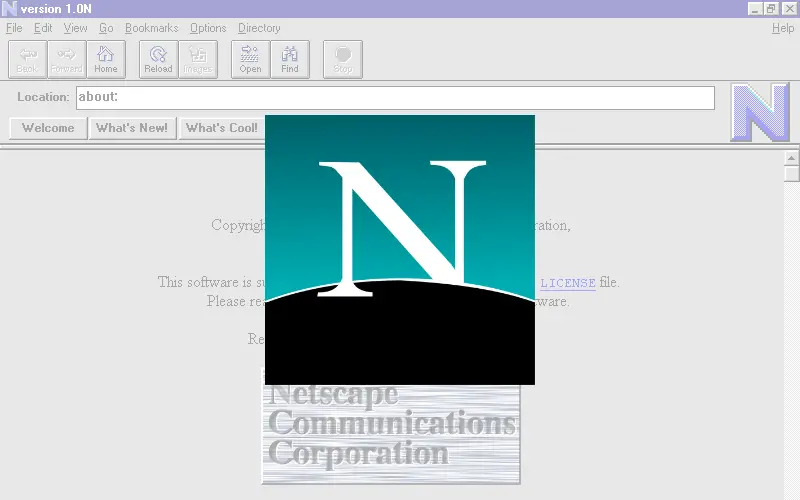
Netscape, an early dominant web browser, eventually encountered challenges that marked it as a significant tech “flop.” Market performance took a hit due to fierce competition, particularly from Microsoft’s Internet Explorer bundled with Windows, providing a substantial advantage. Consumer adoption dwindled as Internet Explorer gained traction through aggressive marketing and integration strategies, attracting users seeking convenience. Technologically, Netscape struggled to keep pace with evolving web standards and security concerns, facing technical issues and inadequate updates. Culturally, Netscape’s rise and fall epitomized the early competitive dynamics of the internet era, showcasing the power struggles and competitive landscape that characterized the web’s growth. These challenges combined to diminish Netscape’s prominence, categorizing it as a notable tech “flop.”
7. Zune

Zune, Microsoft’s ambitious entry into the portable media player market, struggled and is often regarded as a significant tech “flop.” Market performance was hindered by Apple’s dominant iPod and its established brand loyalty, making it challenging for Zune to gain traction. Consumer adoption faced obstacles due to a late entry and a lack of differentiation, despite efforts to introduce unique features like wireless sharing. Technologically, Zune couldn’t keep up with the fast-paced advancements in the digital music industry, lagging behind the well-established iPod and iTunes ecosystem. Culturally, Zune struggled to carve a distinctive identity and was perceived as a follower rather than an innovator in contrast to the already iconic iPod. In summary, challenges in market competition, consumer adoption, technological innovation, and cultural impact positioned Zune as a notable tech “flop.”
6. BlackBerry
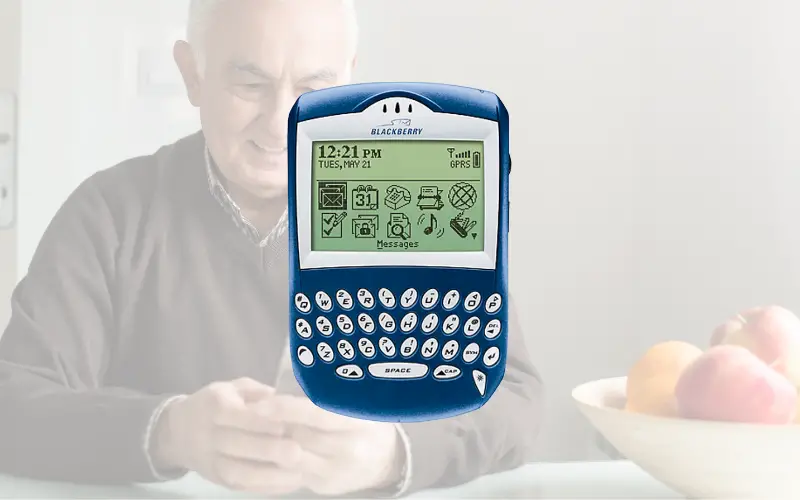
BlackBerry, once a dominant player in the mobile industry, faced significant challenges that led to its classification as a major tech “flop.” Market performance declined sharply as BlackBerry struggled to keep pace with the rapid advancements in the smartphone market, particularly the emergence of touchscreen smartphones like the iPhone which shifted consumer preferences. Consumer adoption dwindled as BlackBerry’s devices and operating system were seen as outdated and lacking the functionality and app ecosystem offered by competitors such as iOS and Android, especially in key markets like the United States. Technologically, BlackBerry lagged in app development and user-friendly interfaces compared to its competitors. Culturally, BlackBerry lost its status as a symbol of professional communication and exclusivity, unable to maintain its unique selling points like the iconic BlackBerry keyboard and secure messaging. In summary, BlackBerry’s downfall was due to challenges in market performance, consumer adoption, technological evolution, and a diminishing cultural impact, ultimately leading to its characterization as a major tech “flop.”
5. Google+
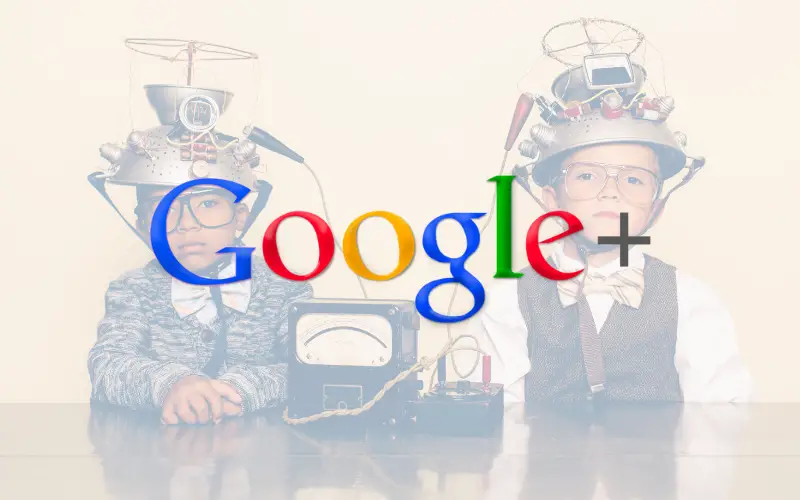
Google+, Google’s foray into the social networking sphere, is often seen as a significant tech flop for various reasons. Market performance was challenging as it entered an already saturated market dominated by Facebook and Twitter, making it hard to gain substantial market share. Consumer adoption was hindered by its invitation-only model initially, limiting accessibility and slowing down user growth. The migration from existing popular platforms to yet another social network proved cumbersome for many users. Technologically, while it had innovative features and integration with Google services, Google+ failed to offer a compellingly unique experience differentiating it from rivals. The ‘Circles’ feature, aimed at managing social connections, didn’t gain enough traction. Culturally, Google+ lacked the distinct social identity and culture that made platforms like Facebook and Twitter successful. It couldn’t establish a unique brand identity that resonated with users. In summary, Google+ grappled with market performance, consumer adoption, technological differentiation, and cultural resonance challenges, leading to its classification as a major tech flop.
Play Trivia!
Challenge yourself and play trivia questions with answers and explanations.
4. Windows Phone

Windows Phone, Microsoft’s venture into the mobile operating system market, faced notable challenges that led to its classification as a significant tech flop. Market performance was hindered by the fierce competition posed by iOS and Android, which overshadowed Windows Phone due to its lack of a robust app ecosystem. Consumer adoption was impeded by its late entry into an already entrenched smartphone market, where consumers were heavily invested in existing platforms. While it received praise for its intuitive interface, Windows Phone lacked certain crucial features and versatility compared to its competitors. This, coupled with Microsoft’s struggle to keep up with rapid mobile advancements, limited its technological impact. Culturally, Windows Phone failed to establish a distinct identity, lacking a clear marketing strategy and a unified vision, resulting in a fragmented brand image. In summary, Windows Phone grappled with challenges in market performance, consumer adoption, technological advancements, and cultural resonance, contributing to its designation as a major tech flop. Its inability to match established competition and innovate sufficiently were pivotal factors in its downfall.
3. Apple Newton
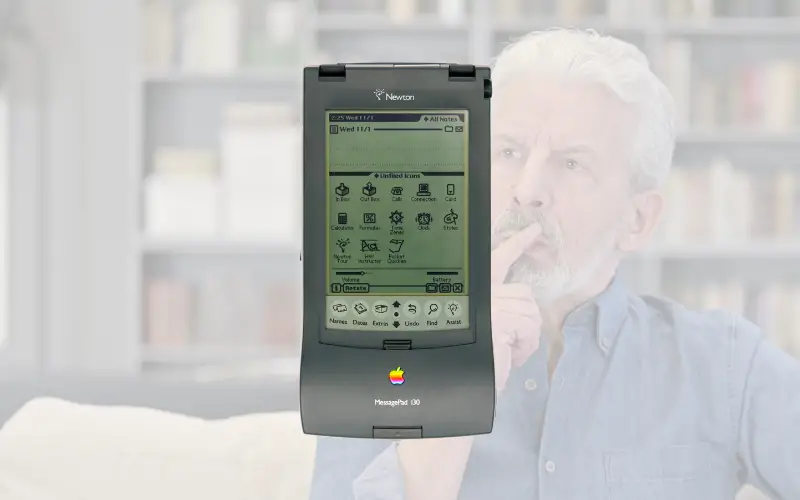
The Apple Newton, an early 1990s personal digital assistant (PDA) pioneer, is labeled a tech flop due to various factors. Market performance was hindered by a high initial price, limited processing power, and insufficient memory, deterring the average consumer. Consumer adoption suffered due to the Newton’s unreliable handwriting recognition system, impacting its uptake. Technologically advanced for its time, the Newton showcased features resembling modern PDAs and smartphones, but faced limitations of the era. Culturally, it foreshadowed current handheld technologies, influencing successful later Apple products like the iPhone and iPad. In summary, the Apple Newton faced challenges in market performance, consumer adoption, technological constraints, and had a lasting impact on future tech despite its own struggle as a standalone product.
2. Sega Dreamcast

The Sega Dreamcast, released in 1999, is acknowledged as a tech flop due to key reasons. Market performance was marred by fierce competition, notably from Sony’s PlayStation 2, which was set to launch soon after, impacting its reception. Consumer adoption was hindered by this early entry, as potential buyers awaited the PlayStation 2. Despite being technologically advanced with online gaming features, its potential was underutilized due to a lack of compelling online titles and a challenging setup process. Technologically groundbreaking, being the first to integrate a built-in modem for online gaming, it was overshadowed by Sony’s PlayStation 2 in terms of influence and industry standards. Culturally, it made a significant impact in the gaming community, appreciated for innovative games and unique peripherals, despite its commercial failure, contributing to Sega’s legacy. In summary, the Sega Dreamcast faced challenges in market performance, consumer adoption, technological influence, and had a lasting impact within the gaming community despite its commercial setbacks.
1. iSmell

iSmell, a unique product aiming to incorporate scents into web browsing, stands out among tech flops for various reasons. Market performance was dismal, struggling to generate interest or investment due to perceived impracticality and a lack of demand for scent-infused digital experiences. Consumer adoption was poor, hindered by skepticism about the necessity of olfactory experiences online, potential allergies, and privacy concerns. Technologically ambitious, iSmell failed to deliver a seamless and safe scent experience, lacking the finesse needed to make it compelling. Culturally, iSmell made little impact and faded into obscurity due to impracticality and low demand. In summary, iSmell’s downfall was marked by poor market performance, limited consumer adoption, technological flaws, and minimal cultural resonance, swiftly disappearing from the market.
Conclusion
Reflecting on these 16 tech catastrophes, it’s evident that innovation comes with risks. Not every idea can find its footing, and even the most prominent names in the industry can falter. These spectacular tech flops serve as both cautionary tales and testaments to the relentless pursuit of progress. For every stumble, the tech world learns and evolves, producing incredible advancements that shape our lives. As we bid adieu to these missteps, let’s keep in mind that failure is often the stepping stone to innovation, reminding us that in the ever-evolving landscape of technology, the next groundbreaking discovery might just be one idea away.
Read More Fun Facts
Learn more fun facts with Trivia Mastermind content.
Play Trivia!
Challenge yourself and play trivia questions with answers and explanations.
Recent Posts
Science Trivia - Astronomy ...
Step into a realm of nostalgia as we embark on a journey through the annals of pop culture and bid farewell to 35 recently obsolete technologies. In the ever-evolving landscape of innovation, certain...

